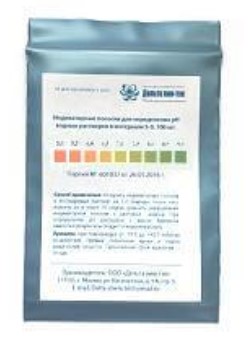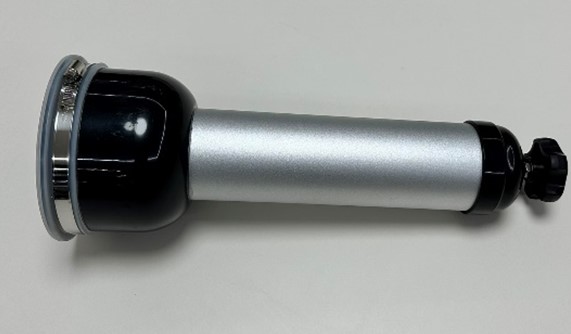Oman bans poultry and livestock imports from Portugal and Egypt to ensure veterinary safety

Reasons for the bans
The decision to impose temporary restrictions was made based on recommendations from the country's competent veterinary authorities. It complies with the requirements of the Veterinary Quarantine Law (Royal Decree 45/2004), which regulates animal health and food safety. It is important to note that such measures are standard international practice for preventing the spread of infectious diseases among animals and humans.
Geographic Restrictions The import ban
from Egypt applies to a specific region—the governorate of Buheira, which has recently experienced problems with the epizootic situation. A similar decree, 236/2025, imposes restrictions on the import of live poultry and poultry-related products from the Portuguese province of Santarém. These regions were chosen deliberately: veterinary services have identified increased risks associated with the possible spread of infections. Duration of the bans The Omani Ministry of Agriculture, Fisheries, and Water Resources (MAFWR) clarified that the temporary bans will remain in effect until the epizootic situation in these regions stabilizes. This means that if the situation improves and product safety is confirmed, the restrictions may be lifted. Official notice of the lifting of the bans will be published once veterinary authorities confirm that the risks have been eliminated. Exceptions to the bans : It should be noted that there are exceptions for products that have been heat-treated or processed in accordance with the international standards of the World Organization for Animal Health (WOAH). This ensures the supply of safe products, even under the current bans, which is important for maintaining the country's food security. The introduction of temporary bans on the import of live poultry and cattle from Portugal and Egypt underscores Oman's serious approach to veterinary safety and public health. These measures are aimed at preventing potential epidemics and protecting citizens from potential threats. It is important that countries continue to cooperate and exchange information on veterinary control, which will help effectively address emerging challenges in animal health and food safety.




























































